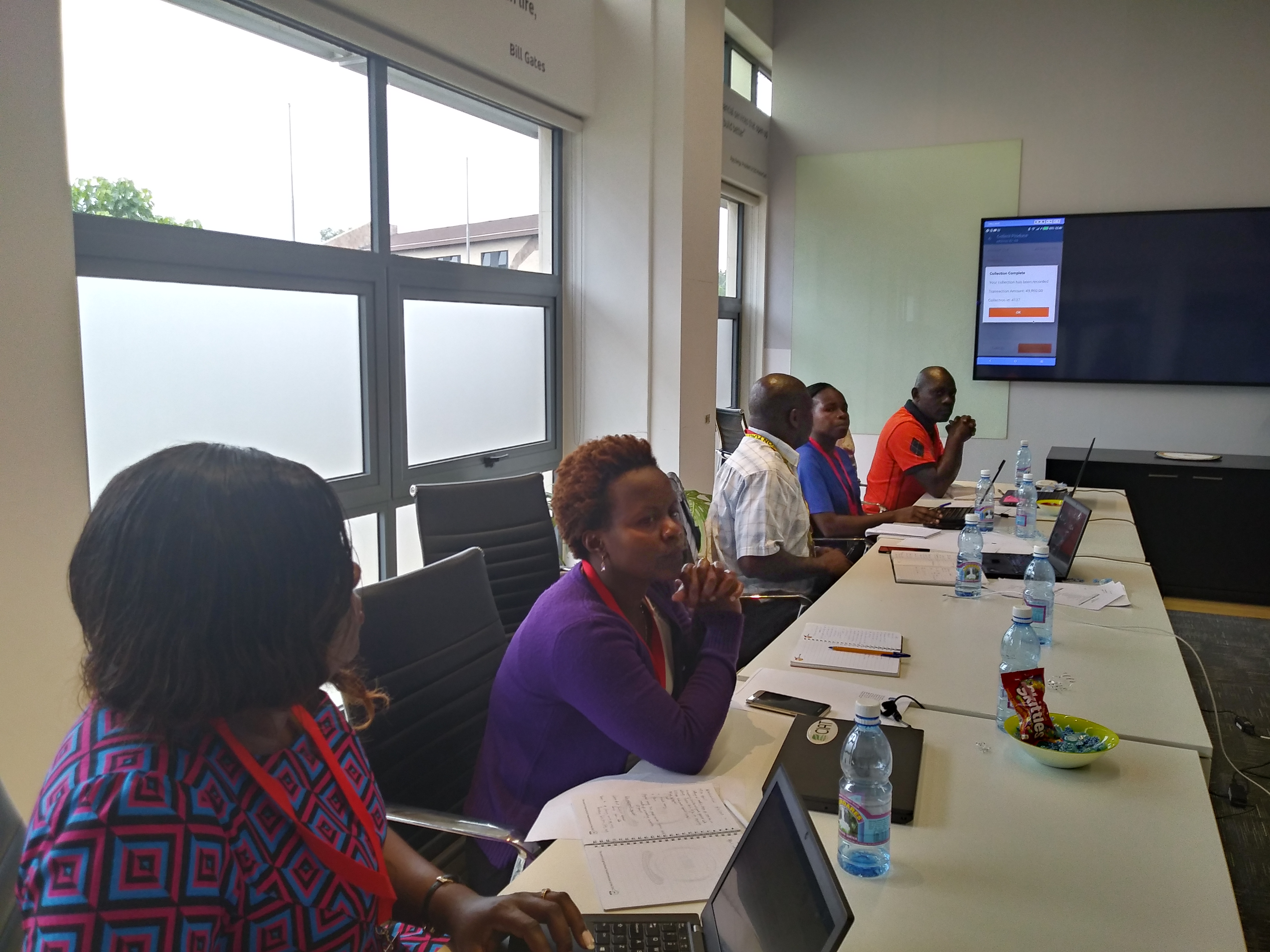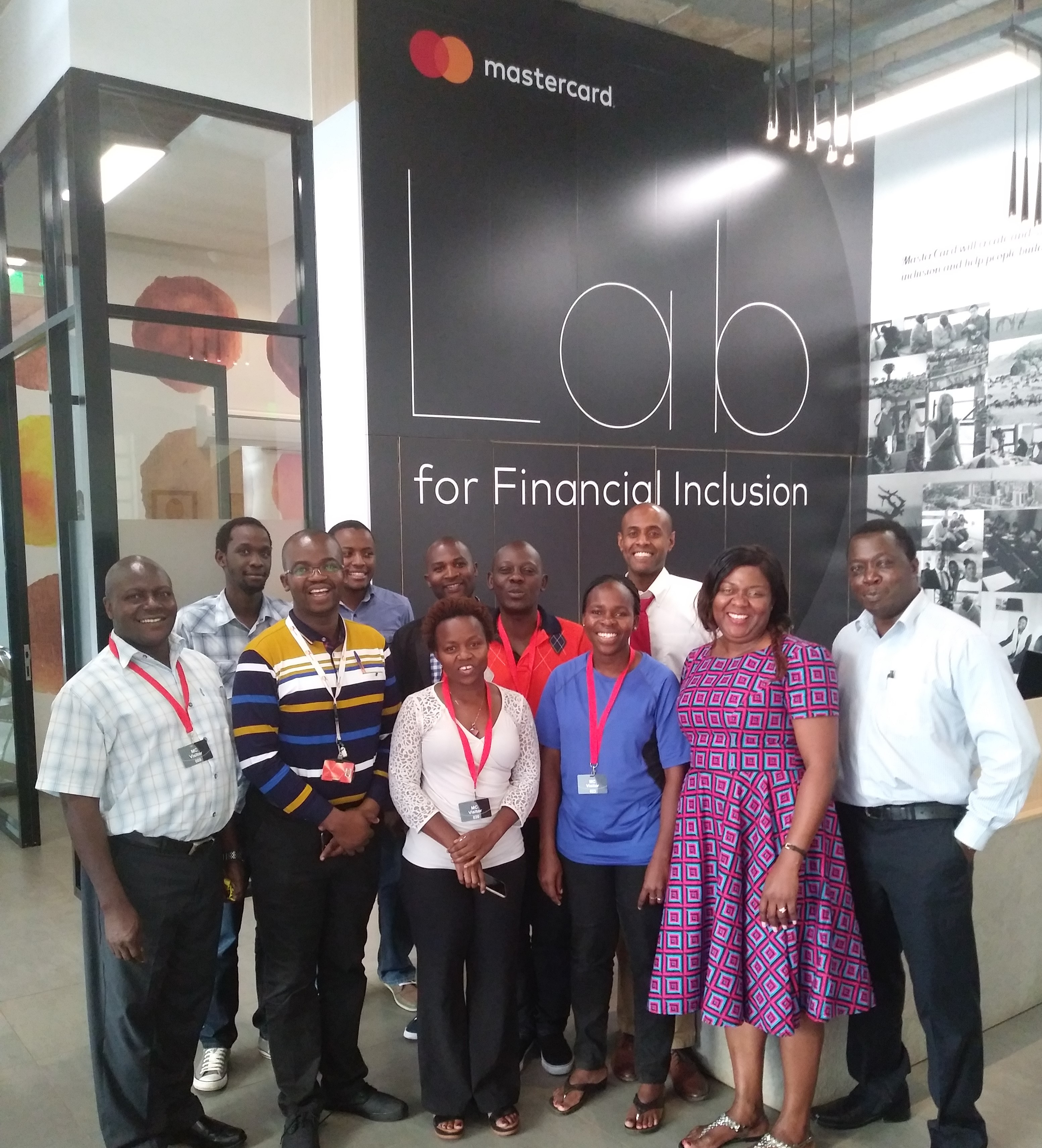Beans are grown by millions of farmers in Sub-Saharan Africa many of whom are women. They are grown mainly for consumption and only sold when the quantity is in excess. Today, beans are popular trade commodities in local, regional and international markets. The bean boom is as a result of its transformation to other high-value products such as canned beans, pre-cooked beans, and mixed bean flour which are in high demand. Ethiopia sells 100% of it’s white pea beans to the international markets in Asia, Europe and America. The demand for beans and beans products is still very high but its supply is low due to low productivity and weak/inefficient market linkages. Thus, to meet the increasing demand for bean, it is essential for different stakeholders involved in strengthened their agricultural and managerial practices to meet up with this growing trends.
The Pan African Bean Alliance (PABRA), through its networks (East and Central Africa Bean Research Network, Southern Africa Bean Research Network and West and Central Africa Bean Research Network), sub-regional partners and private sector alliances is establishing bean business platforms to strengthen and structure market activities in all the corridors in over 30 countries. The bean business platforms in the corridors aim to establish a sustainable and efficient production and trading system that can increase the volume of beans to meet the local, regional and international market demand. PABRA in partnership with Master card Lab has been in discussion to explore the platform in terms of financial transactions and credits facilities to smallholder farmers in the different bean corridors. These discussions centred on the provision of customized digital solutions for beans stakeholders especially women putting in consideration the socio-economic environment of all stakeholders and their specific needs.
Why this innovation is important.
Different stakeholders have different needs in the bean value chains. In order to achieve a sustainable and efficient production and trading bean systems, which responds to the market demand of the population at all levels, these needs have to be met. Lead firms need information on where to access quality beans and significant quantity in order to reduce the post-harvest and transport costs for farmers. Real-time data will have solved the information gap and assisted in the coordination efforts.
Researchers and scientists need more digital information on the volume of beans produced, trade information and transactions across all the bean corridors to be able to influence trade policies and provide information on changing bean trends to producers, traders, and consumers with recommendations on how they can cope. Smallholder farmers especially women need the right information on markets, agronomic, finance/credit facilities, trade policies and seed in order to make informed decisions on ways to increase productivity and provide quality dry beans and bean products for consumers and bean traders.
The impact of such technologies will have a ripple effect at the household level. With the bean boom, men are becoming more involved in the marketing of beans. Feedback from our partner, Community Enterprises Development Organisation (CEDO) who is part of this digital project allude to men justifying their increased involvement in beans marketing by saying that “they are more vigilant and cannot be cheated by traders when beans are weighed for sale unlike when the wives carry out the marketing.”. Other men imply that the money involved in beans sales is too much for the women to handle and thus they take charge. Because of this, it has been observed that some women have resorted to selling half dried beans at very low prices to intermediaries when their husbands are away from the home. Others sell the beans at the farm gate to buy basic household needs, unlike men who use the money to buy non-household items.
With this app, women – the leading bean producers, will be able to produce quality beans that will have a competitive advantage in the market and thus make more income. This income will be in turn afford better healthcare, provide nutritious food for their families and educate the children. Even though bean business is good for women, it has in no way lessened their household chores – housework and nurturing are still largely a woman’s role.


